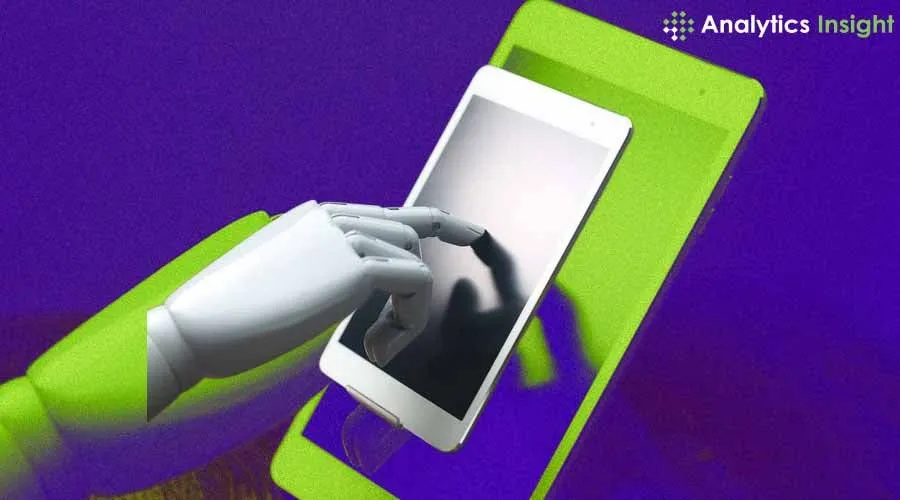Discover the Impact of AI Assistants in Wearable Devices

Best AI Assistants in Wearable Devices
Wearable devices have advanced significantly, integrating artificial intelligence to improve user interfaces and enhance functionality. The influence of AI assistants in wearable technology has transformed our interactions and health tracking capabilities.
1. Whoop 4.0
The Whoop 4.0 utilizes AI to provide personalized health tracking and suggestions.
- Sleep Coaching: Offers tailored advice based on sleep patterns.
- Strain Coach: Helps manage workout intensity by measuring body stress.
- Recovery Metrics: Monitors recovery to optimize training efficiency.
2. Apollo Neuro
A wearable device that promotes relaxation through non-invasive stimulation.
- Stress Reduction: Utilizes AI for real-time stress feedback.
- Sleep Improvement: Enhances relaxation for better sleep quality.
- Recovery Enhancement: Supports a recovery-oriented nervous system.
3. Oura Smart Ring
A compact device leveraging various biosignals for comprehensive health monitoring.
- Sleep Tracking: Offers AI-driven suggestions for improved rest.
- Activity Monitoring: Logs daily tasks and recommends enhancements.
- Health Insights: Detects early health irregularities.
4. Rewind Pendant
A smart accessory designed to document daily activities for enhanced productivity.
- Activity Recording: Tracks activities and suggests optimal methods.
- Health Monitoring: Monitors health indicators and provides recommendations.
- Personalized Recommendations: Tailors advice based on unique user data.
5. Humane AI Pin
A cutting-edge device that delivers real-time information and personalized assistance.
- Real-Time Information: Provides context-specific insights.
- Voice Interaction: Hands-free operation via voice commands.
- Personalized Assistance: Delivers tailored guidance based on user preferences.
AI assistants are at the forefront of wearable technology, offering revolutionary health and lifestyle improvements. Explore these devices to leverage AI for optimal well-being.
This article was prepared using information from open sources in accordance with the principles of Ethical Policy. The editorial team is not responsible for absolute accuracy, as it relies on data from the sources referenced.